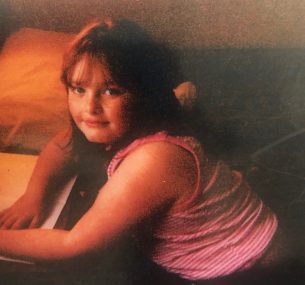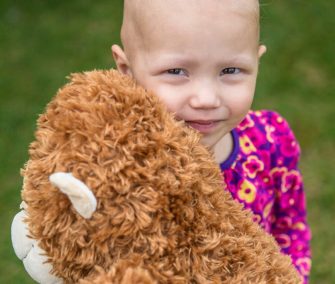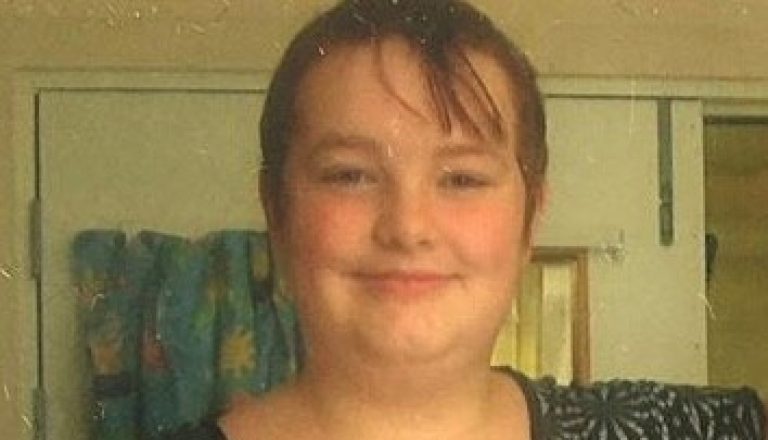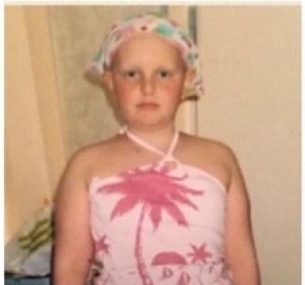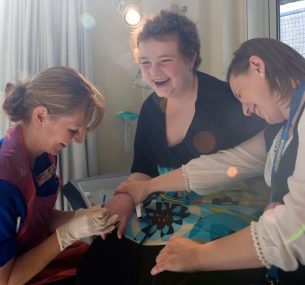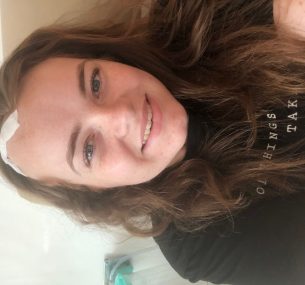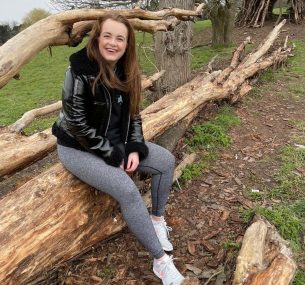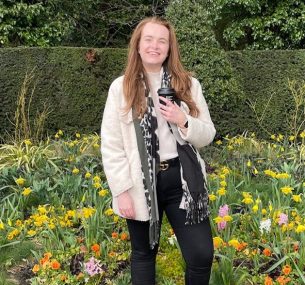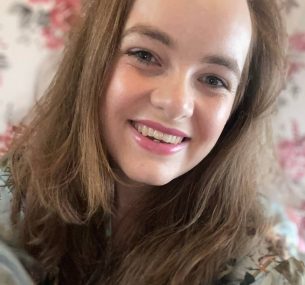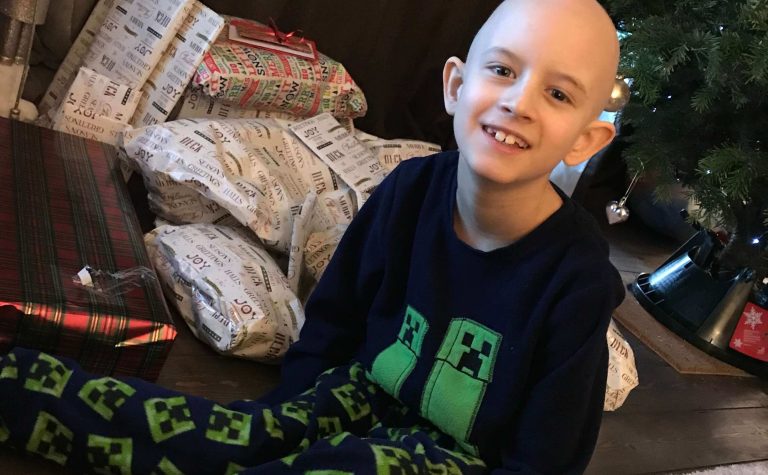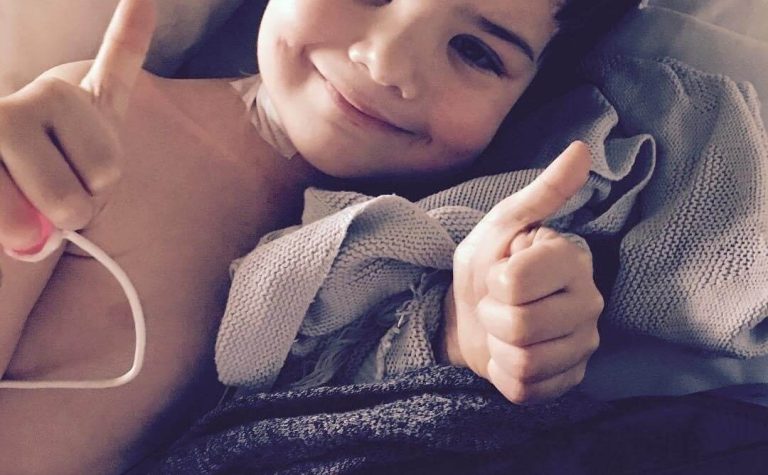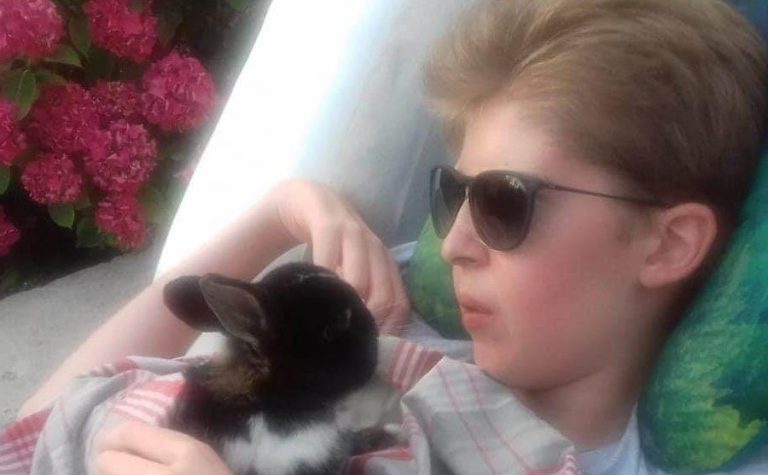The beginning
I am Ellen and I am now 25 years old but I was first diagnosed with acute promyelocytic leukaemia, rare sub-type acute myeloid leukaemia (AML) when I was nine. My mum had noticed bruising on my arms and legs. These just seemed to be escalating, so we went to our local accident and emergency hospital on the Friday night and they did some blood tests. We were sent home from the hospital and told that they would be in touch if there was any issues. I was going away for my first big school trip to the Isle of Wight the following Monday for the week and I was so excited. I’d got the coach and a ferry there and I had just arrived at the hotel with all my friends. As I was having dinner when my headmistress called me over and said that there was an issue with the bloods and that my parents were on their way to collect me. Of course I was absolutely devastated.
